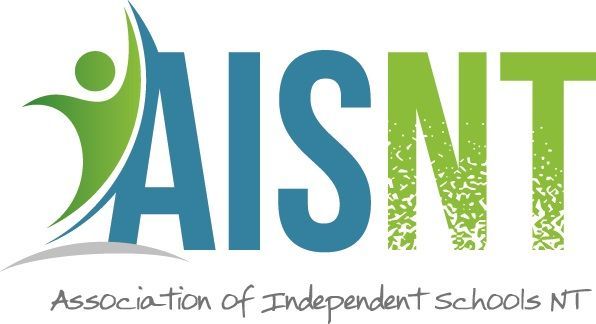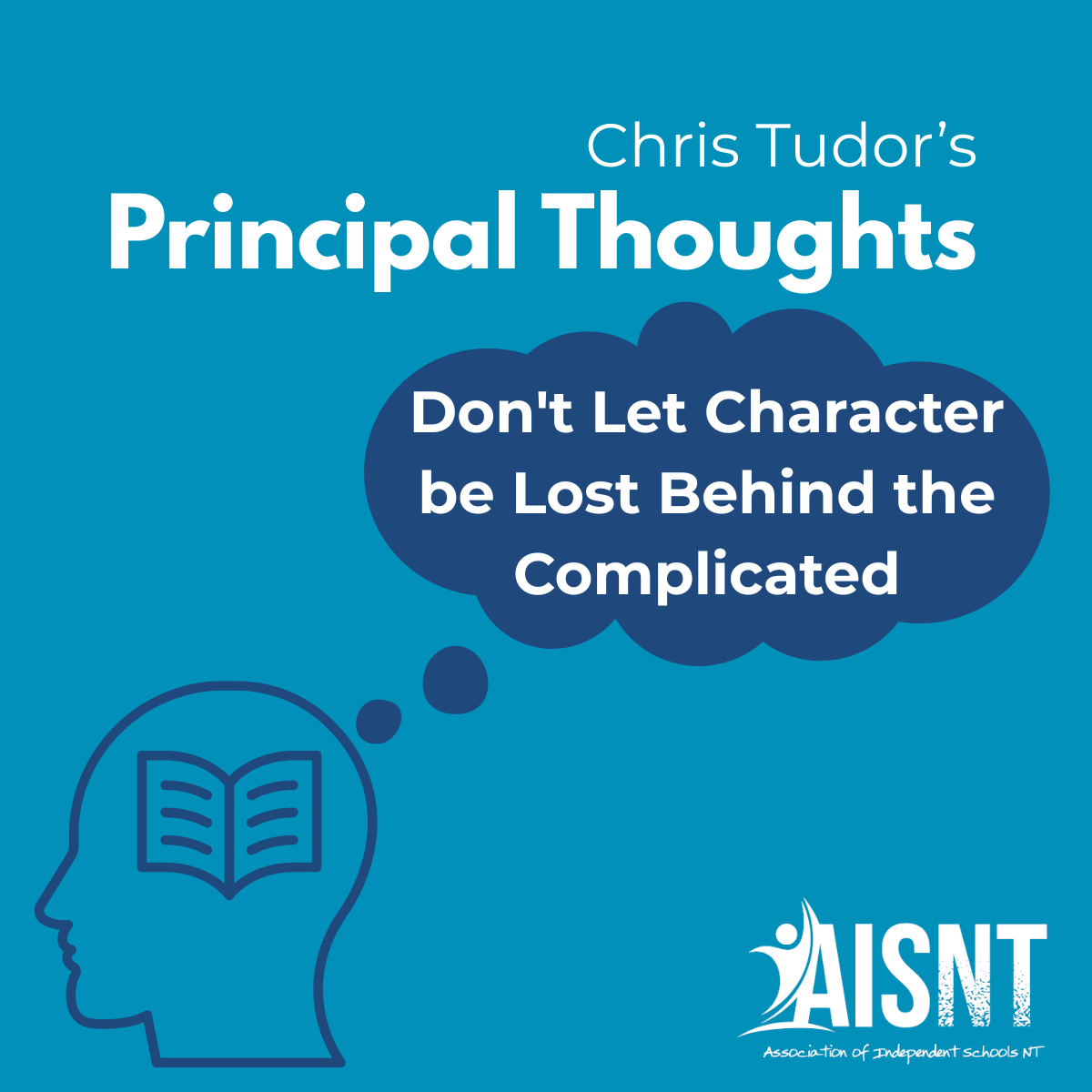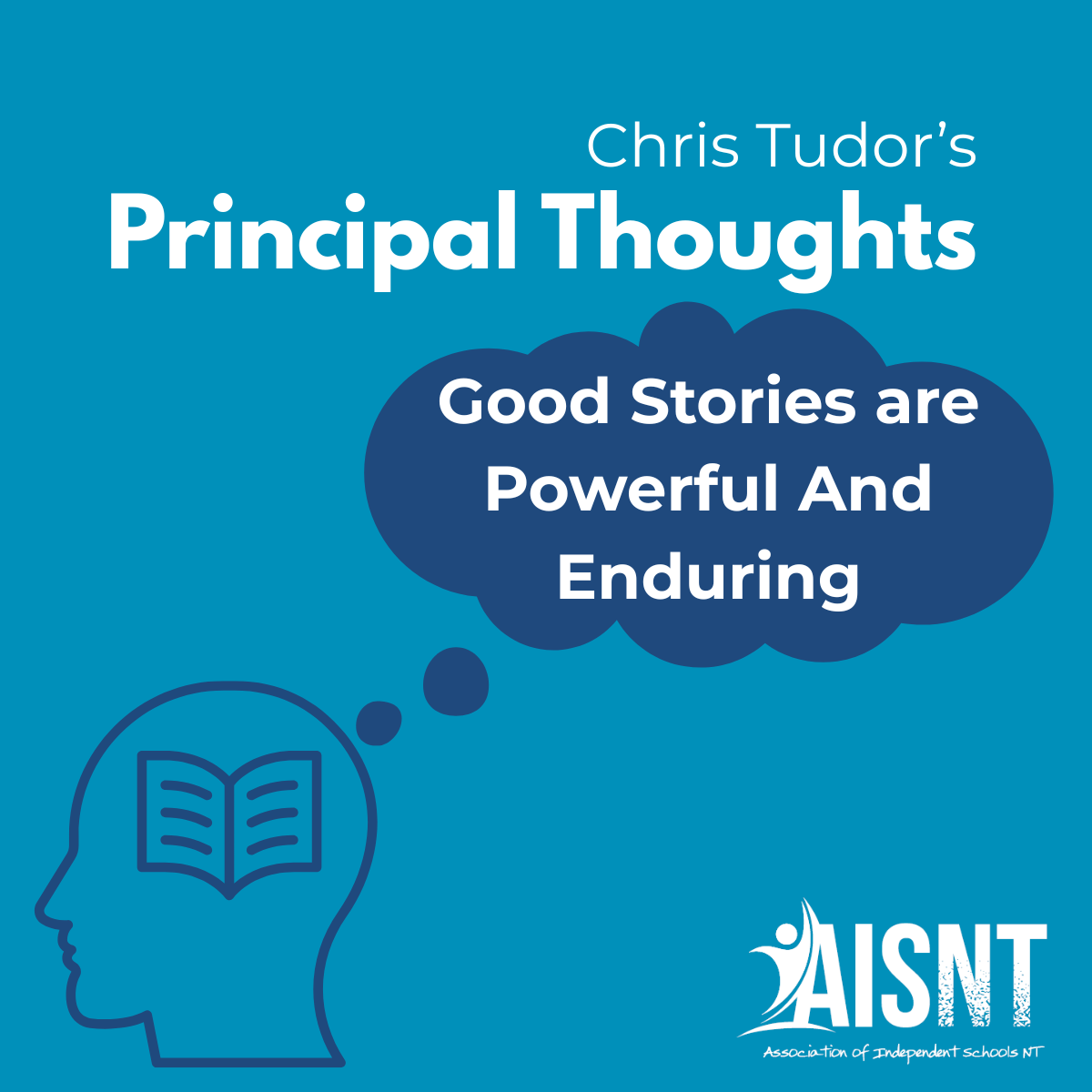Student Leadership
Recently I had the good fortune to visit a regional secondary school. It is a fine school and the Principal is a former staff member of mine. I spent most of the school day there and had the good fortune to meet a number of staff members and students. A highlight was having lunch with the School Captains and the Principal. Student leadership was one of our focuses for the day.
To me student leadership is an essential ingredient of any good school. Done well it is challenging and takes time and commitment but the outcomes are important and rewarding.
Disappointingly I have met Principals who consider the challenge of student leadership too difficult and therefore don’t offer it. The statement can be that every senior student is a leader and they are all expected to show leadership. Sure it would be good if all senior students were good leaders and can be expected to set an example to the school community. However there are those students who want to learn more about the art of leadership and practice it. Students who tackle this, leave school with skills that are readily useful. In my opinion our society lacks good leaders and if students can leave school willing to take on whatever positions come their way then that is great for them and for the community. And the school is one organisation where these skills can be taught. It is a pity when students are appointed to a position of responsibility but are given no training or guidance.
Providing training and guidance requires a real investment from the school - it should not be an “also run” responsibility. If time and effort is not put into it, it won’t happen. I personally saw it as really important and made it one of my priorities. Our leaders met every Tuesday for breakfast followed by an input usually from me and from the staff member responsible for leadership, with whom I worked closely, a practical activity and a time with the two School Captains. The session lasted for about 50 minutes and started at 7.00 am. The students involved clearly saw that the school valued this as really important.
A vital aspect about the program was if a student wanted to be involved in leadership then they could be part of it. Positions of responsibility were allocated in a variety of ways - application, interview and election or appointment by a staff member with a particular responsibility. Those that were keen to have the responsibility but didn’t initially receive a position were not forgotten. Suitable positions were found for them, with new ones being able to be created if required each year. These positions were discussed with the students and they could also give input on how they might contribute to the welfare of the school community.
What was really important was that all positions had real responsibility attached to them. Every position had a job description and all leaders could see how they were progressing during their time holding that position. Giving young people real responsibility was a major platform of Kurt Hahn’s and I was introduced to that as a student myself. I recall in year 11 being given a group of 6 younger students to lead, dropped with them in the Alps and told to navigate through the Alpine area with them for the following six days. Most of the country I had never been on before - but I had a map and compass and an expectation that I would succeed. Though young, I had however been thoroughly trained. Perhaps today, with greater emphasis on risk, this would be considered a bridge too far. Though part of the experience was a little scary, I grew personally and learnt much through it.
Student leadership will not work unless students are given on - going training, are mentored and made accountable. A major “no, no” for the mentor is taking over. To do this is to really lose the students’ interest and to knock their confidence. In year 9, when the students are on a 9-day expedition, I have seen new teachers taking over rather than letting the students do it themselves even if it is not perfect. This can be a real challenge initially for teachers who by nature of their job as teachers are very visibly in charge.
There is so much to achieve training student leaders. Here are some of the topics tackled in training.
What is leadership and what are the characteristics of a good leader?
- Setting a vision.
- Public Speaking.
- The value of goals and how to set them.
- Making a management plan.
- How to make people accountable.
- Manners and their value.
- The art of conducting a good meeting.
- Knowing what you are good at and being proud of it.
- How to avoid being a “gunna”- “gunna do this gunna do that and do nothing”.
- The importance of self care and life balance.
- The value of determination, self-control and courage.
- What is the value of choice?
- Good effective communication.
- The importance of empathy in leadership.
- The power of the “Hidden Curriculum”.
- Creativity in leadership.
- The skill and importance of planning.
- How to look for gifts in people.
- The Art of Delegation.
- Allocating the right people for the right job.
- Avoid giving a person a job they can’t do.
- How to deal with difficult people?
- Dealing with an emergency situation.
- How to make things happen.
- Catching up and dealing with those not contributing.
These are just a sample - you may wish to deal with more or be only able to deal with less- but what is certain is that training must take place.
Not everyone in year 12 wanted to tackle leadership, which was fine - their choice. In noting that, I can also say I’ve seen some great examples of primary school leadership and also through the various secondary levels. However year 12s can take it further - some are adults already and some will become adults during the year. I would always encourage them to take responsibility and would note that my Grandfather was a junior officer in World War I leading men into battle at the age of 18.
Every Thursday morning I would host a small group of leaders for breakfast in my office and I would have the teacher responsible for leadership there and the two School Captains. The aim was to ask each student to describe how they were tackling their goals and honouring their job description. Near the conclusion of the session I would ask what would they as leaders change in the school if they were able. This question fostered some great discussion. Next week I’ll write more about the School Captains. Their position was so important and they and the two deputies had lunch with me in my office every Friday. After all they had a very clear view of school culture as they mixed with the students.
Working with students on leadership was indeed one of the real high points of my time as Principal.
Chris Tudor,
Principal Liaison & AISNT Historian



